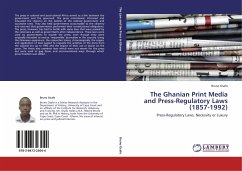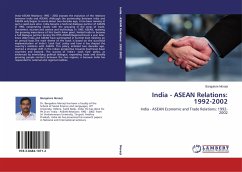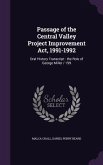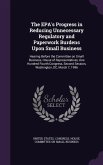The press in colonial and post-colonial Africa served as a link between the government and the governed. The press entertained, informed and educated the citizenry on the policies of the colonial government and successive ones. They also held governments accountable to the citizenry and ensured that governments performed their constitutional obligations. The press, however, has had to battle with some laws that were passed by the colonisers as well as governments after independence. These laws were used by governments to muzzle the press, even though they were originally intended to ensure responsible journalism in the country. Using the Ghanaian experience, the researcher traces, chronologically, the origins and application of laws passed to regulate the activities of the press from the colonial era up to 1992 and the impact of their use or abuse on the press. The thesis also examines laws which were not meant for the press but were used to gag them, and unconventional ways through which press freedom was stifled.
Bitte wählen Sie Ihr Anliegen aus.
Rechnungen
Retourenschein anfordern
Bestellstatus
Storno








